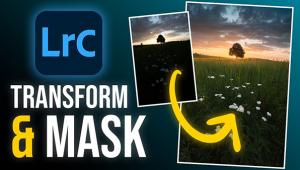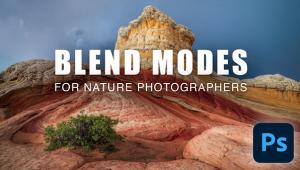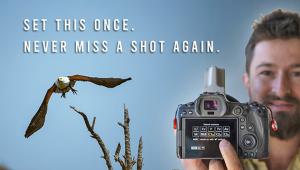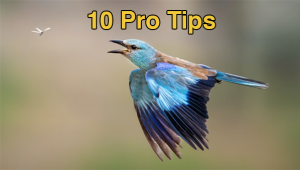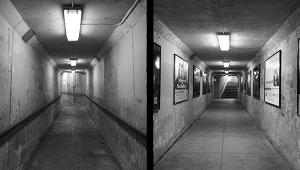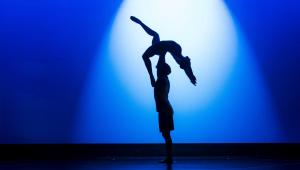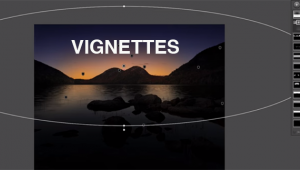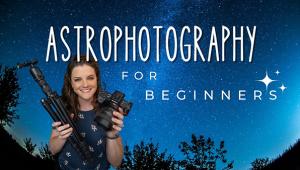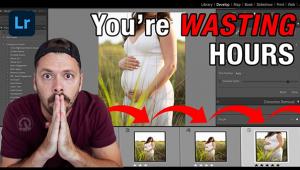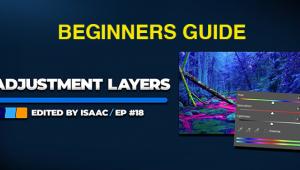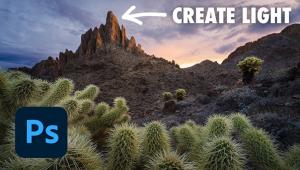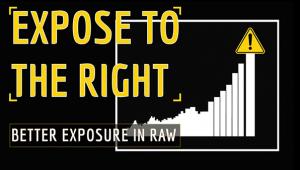Why you Should Shoot B&W and How to Do it Right (VIDEO)

If you've never set you camera to capture images in b&w or converted color photos to monochrome during the editing process, the tutorial below from B&H Photo Video will inspire you to give it a try. In less than three minutes a notable photographer and Sony Artisan shares his five favorite tips for those new to b&w photography.
Instructor Thibault Roland is a fine art b&w photographer and educator with a very interesting background. An early fascination with science motivated him to obtain a PhD in physics, and later do research at Harvard, before discovering a passion for photography that changed his life.
This quick beginners guide begins with Roland explaining why b&w imagery is so compelling when shooting landscapes, portraits, seascapes and architectural images. He puts it like this: "Taking pictures in b&w or converting them from color to b&w is a great way to tone down elements that would be too distracting in color and take away from the main subject."

He further notes how b&w imagery "can create a feeling of timelessnesss because it's often difficult to tell if monochrome images were made yesterday or at some time in the past. Roland also discusses why certain subjects work better than others when the goal is to eliminate all the color from a shot.
Roland explains how accentuating patterns, shapes, and textures will help you create more compelling and unique images with this form of photography. Thus, it's important to look for subjects with these attention-grabbing attributes.
While you may think of b&w photography as too limiting, Roland dismisses this misconception. Instead, he suggests you think of this genre as "freeing yourself from colors." This enables you to expand your view of the world and actually increase your creatives choices.
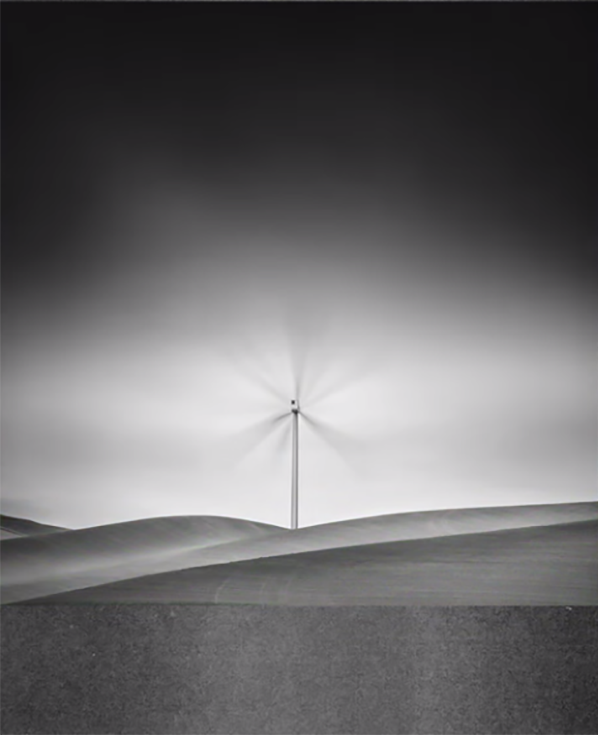
It's also worth noting that by shooting in color, with the idea of converting to b&w while editing, leaves open the possibility of presenting your work in two different ways. Roland notes that this approach also provides creative flexibility, "because you will be the one to decide if the final image will be bright, serene, dark and moody or anywhere in between."
He also demonstrates why b&w photography will make you a better photographer, "because it will force you to be more rigorous in finding strong compositional elements. Even your color photography will benefit from these expanded skills.
You can learn more about Roland and examine his beautiful work by visiting his website. And there's much more to see and learn on the B&H Photo Video YouTube channel.









